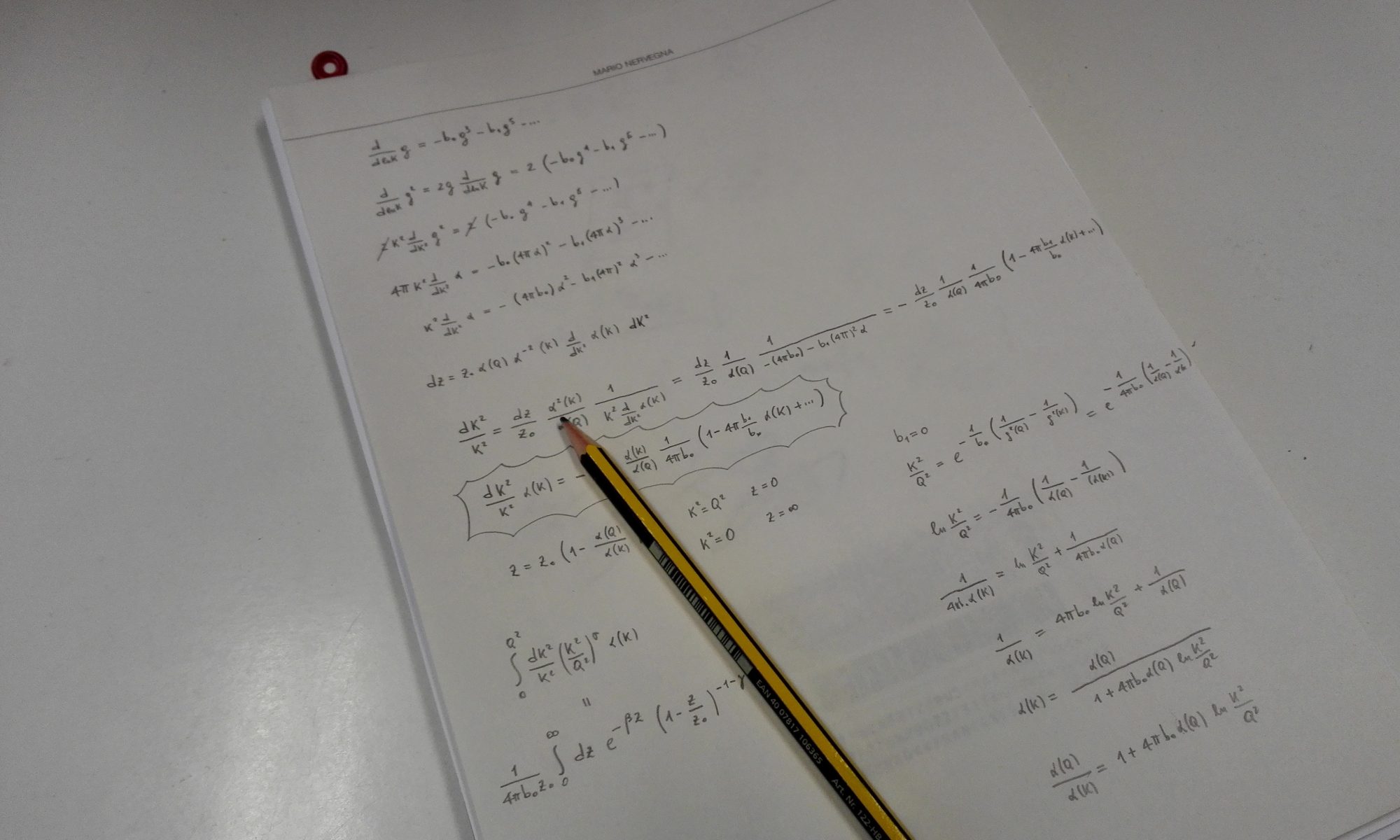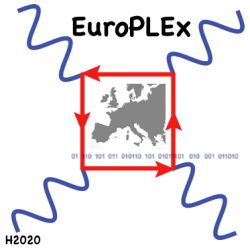In lattice simulations the computational cost increases with large powers of both the inverse light quark mass and the inverse lattice spacing. In addition, the signal over noise ratio for many observables deteriorates exponentially with the Euclidean time separations involved. Moreover, other challenges are encountered when combining QCD with (long range) electromagnetic interactions, In particular, factorizing the QED part usually requires the computation of diagrams with disconnected quark lines, a problem also faced in calculations of hadronic structure observables and of properties of strongly decaying resonances. Last but not least, a severe fermionic sign problem is encountered in simulations of dense matter like that found in the cores of neutron stars.
A long list of algorithmic solutions pioneered by our groups includes the hybrid Monte-Carlo algorithm, multigrid solvers, open boundary conditions, exponential noise reduction of hadronic n-point functions, boosted smearing method, all-to-all propagator methods, complex Langevin, Taylor expansion techniques, Lefschetz thimbles regularization and numerical stochastic perturbation theory.
Our network will develop and implement new ideas that lead to improved algorithmic solutions. Projected algorithmic advances include improved update schemes to reduce noise at large time separations, faster solvers, novel applications of all-to-all propagator methods (e.g. in combining QCD with QED), to give a few examples. Numerical stochastic perturbation theory (NSPT) will also be algorithmically improved and a public NSPT package will be distributed. Finally, cloud computing strategies will be explored to tackle the computational challenge of processing and statistically analysing larger and larger amount of generated data.

